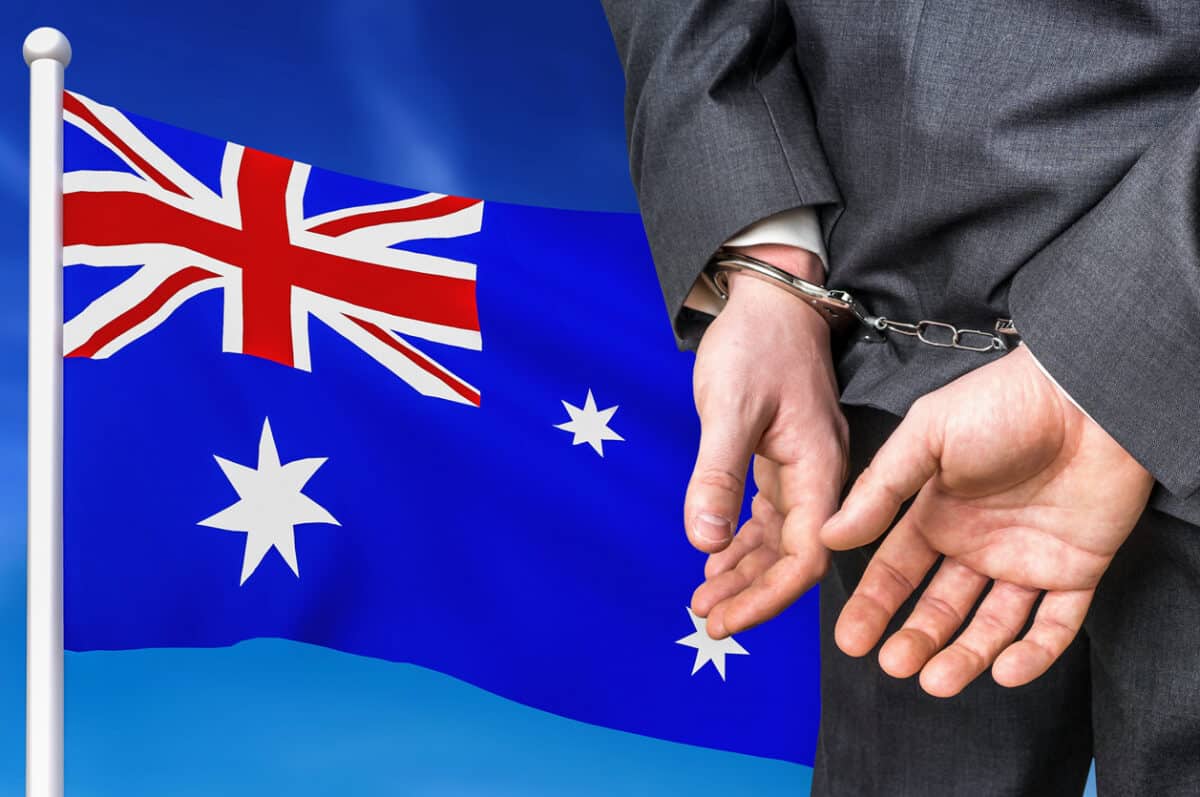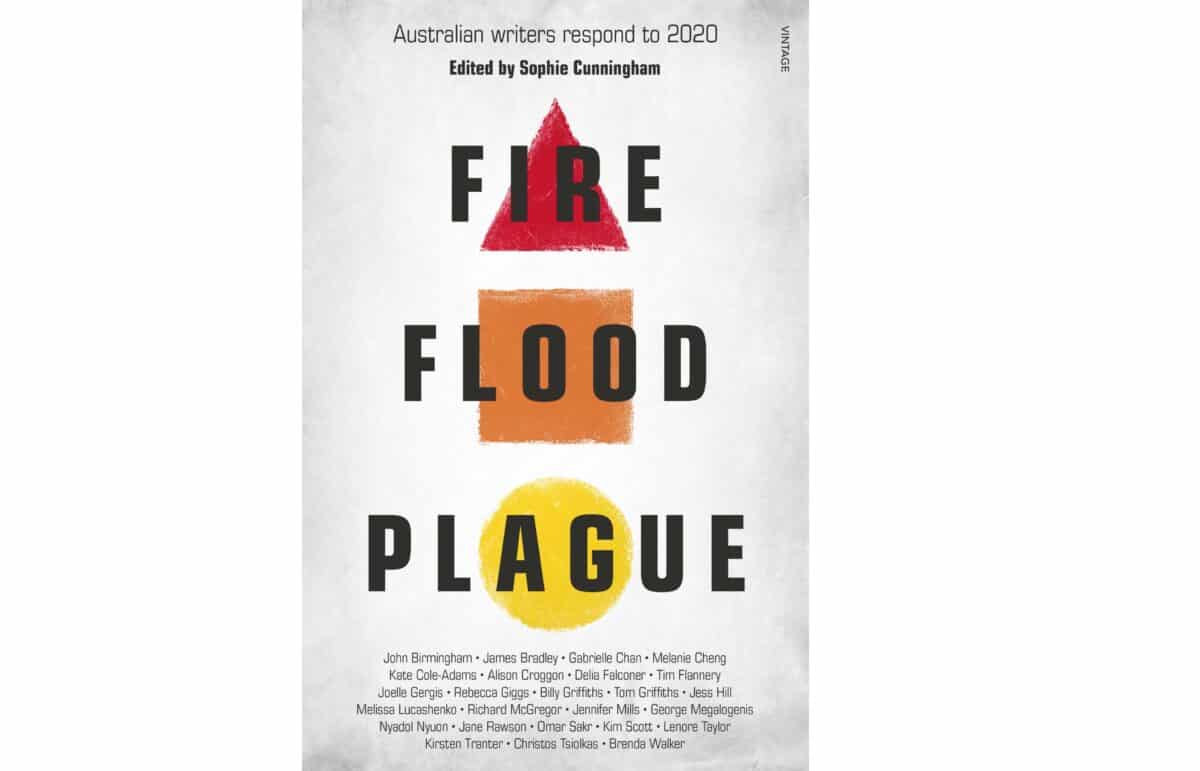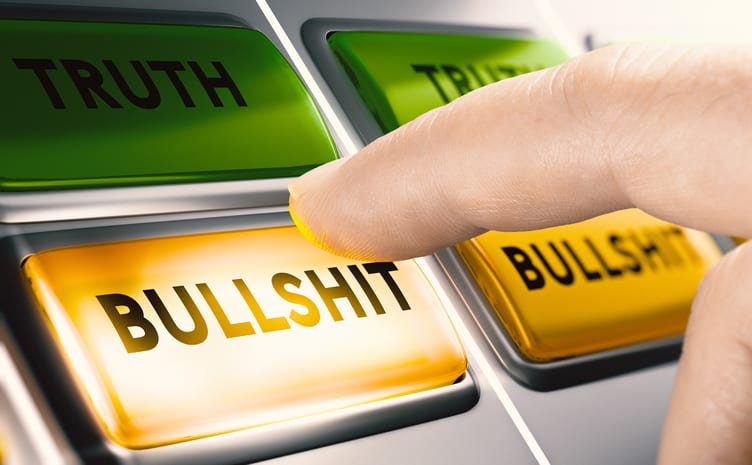The Ballarat Courier is reporting that the prosecution of Pipecon over the deaths of two workers from a trench collapse in March 2018 has been delayed again. It seems the reasons for the delay include renovation works on the courthouse and the workload of the Court. Judge Gerard Mulally‘s decision came the same week as a delegation of bereaved relatives attended Federal parliament in Canberra.
Category: ethics
Fire Flood Plague OHS
2020 is a year of continuing social change, so a book of essays that reflects on 2020 seems a little presumptuous. But just because we are in a state of social flux does not mean we must wait for stability before examining the process of change.
This December Random House Penguin will publish “Fire Flood Plague“, a collection of essays from prominent Australian writers about what Tim Flannery calls the three catastrophes:
“…the unprecedented, climate-fuelled megafires that were extinguished by damaging, climate-influenced floods. Then, in March, the COVID-19 pandemic…..”
page 69-70
There are some parallels between how people responded to these disasters and how workplace safety and health is managed. But more than that, the essays provide an insight into how others feel about what is happening, and these writers’ thoughts will reflect the thoughts of those with whom we work, with those we are obliged to manage and with those whose physical and mental welfare we are obliged to improve.
Concussed sportspeople are workers too
David Michaels devoted a whole chapter to sport-related concussions and brain damage in his 2020 book “The Triumph of Doubt“. He wrote about how the National Football League obfuscated over the appearance of concussions and chronic traumatic encephalopathy, and how the the NFL downplayed the injury’s significance by referring to repeated head trauma as Mild Trauma Brain Injury.
The Australian experience is different and this was examined recently in an excellent edition of the ABC radio program, The Ticket. Significantly several interviewees mentioned the injuries in relation to occupational health and safety (OHS) and workers compensation.
More workplace bullshit, but in a good way
Bullshit is starting to gain some serious analysis with four researchers recently publishing “Confronting indifference toward truth: Dealing with workplace bullshit” in Business Horizons. One attraction of this research paper is its focus on workplace business communications and conversations, but it is almost impossible to read it without thinking of the recently ousted United States President and how lies and “fake news” have dominated international political discourse.
Another attraction is that it is not just an analysis but one that also suggests pathways to detect and reduce the bullshit. What I was unprepared for was to start to feel sympathy for the bullshitter.
Precarious Work, Pandemics and Australia’s Future – Let’s Not Forget the Link
This is a guest post by Michael Quinlan & Dr Elsa Underhill (links added).
In mid- August 2020 Victorian Premier Daniel Andrews labelled insecure work as toxic and argued a fundamental policy reset was required into the future. He stated:
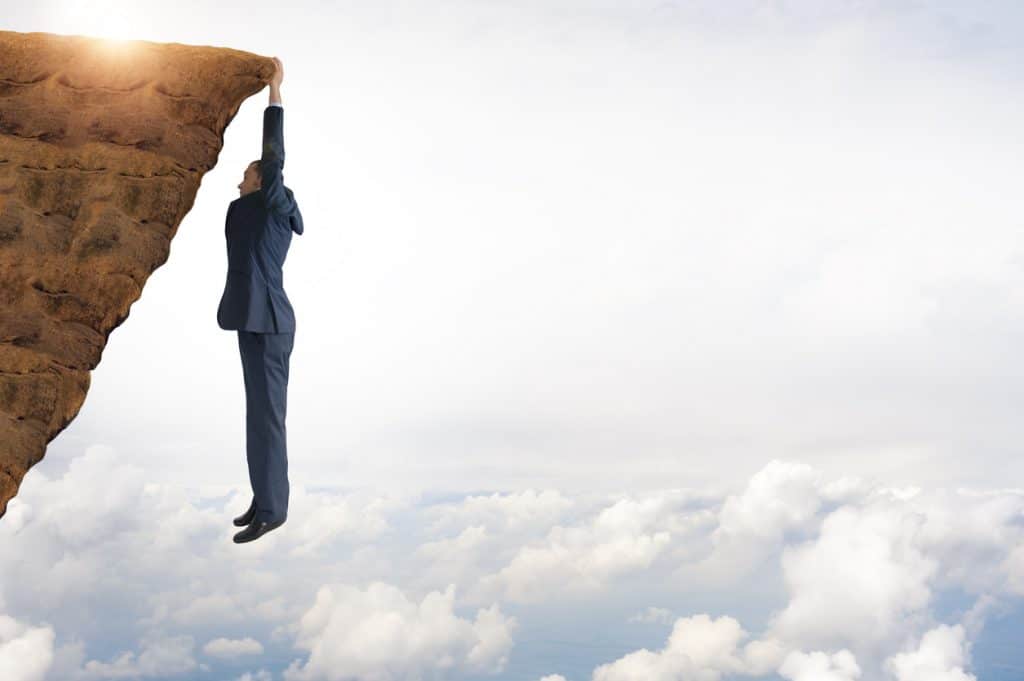
Insecure work is toxic. There is nothing good about insecure work, and when this is done, when this virus has been beaten, we will need to commit ourselves to do something really significant about it. It is no good for anything, for families, for a sense of security [and] for public health, for any purpose. We have a lot of people who work very hard but have no safety net to fall back on and that is just not something we should settle for .
(Guardian 16 August 2020)
The observation generated little publicity and was soon forgotten as the Victorian COVID outbreak caused deepening concern across the nation. But the first major Australian political leader to call precarious work for what it demonstrably was should start a long overdue public debate.
Continue reading “Precarious Work, Pandemics and Australia’s Future – Let’s Not Forget the Link”“Justice Tempered” – ethics and abuse
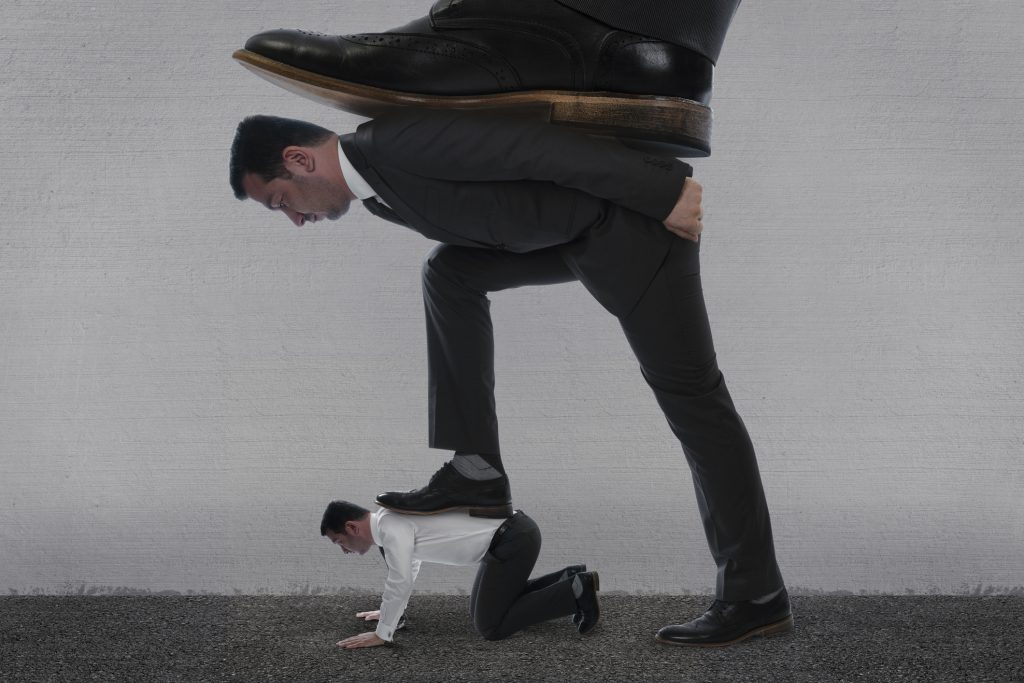
Recently the Finance Sector Union (FSU) released a small study on ethics and capitalism. The report illustrates how poor corporate ethics and greed created a disregard for the mental health of the finance industry’s workers as well as the financial and mental health of its customers.
The report – “Justice Tempered – How the finance sector’s captivity to capitalist ethics violates workers’ ethical integrity and silences their claims for justice” – was written by John Bottomley, Brendan Byrne and John Flett. Although it is based on detailed interviews with only eight finance sector workers, the authors use these conversations as a catalyst for broader discussions of ethics with extensive cross referencing of relevant, books, publications and, especially, the findings and report of the Royal Commission into Misconduct in the Banking, Superannuation and Financial Services Industry.
We’ve got Industrial Manslaughter laws, now what?
So, Victoria now has Industrial Manslaughter laws. Now what? Within days of the activation of these laws a worker died at the Thales worksite in Bendigo. This location is covered by the Federal Work Health and Safety laws, but this has not stopped social media from mentioning Industrial Manslaughter. It seems now that every work-related death will be assessed through the IM lens. It may be that the threat of jail should always have been the starting point for occupational health and safety (OHS) penalties and investigations but initial responses to the IM laws have been mixed, and some seem to be more interested in what, in the past, has been a sideline to the IM discussion – deaths, in work vehicles, suicides and industrial illness.

